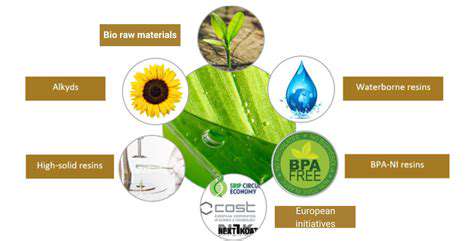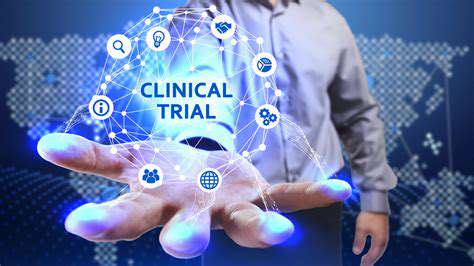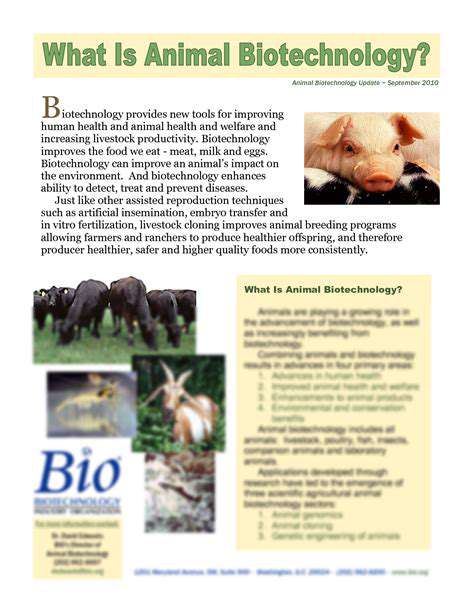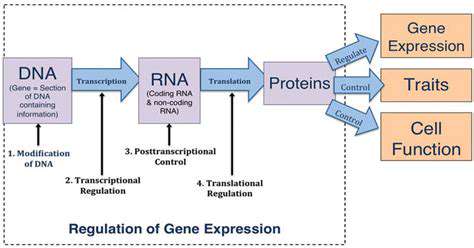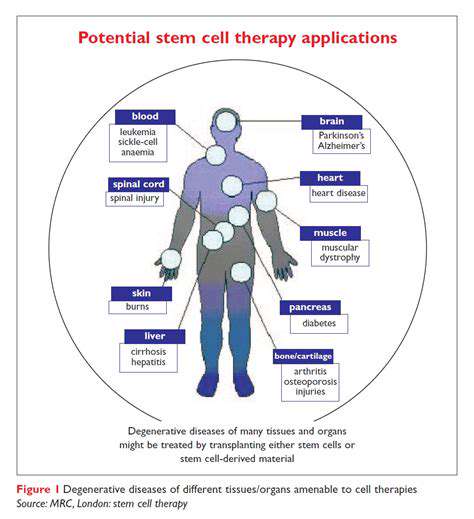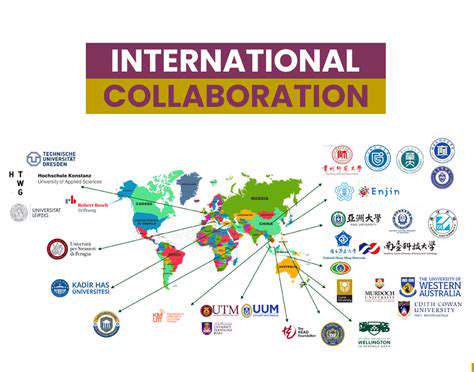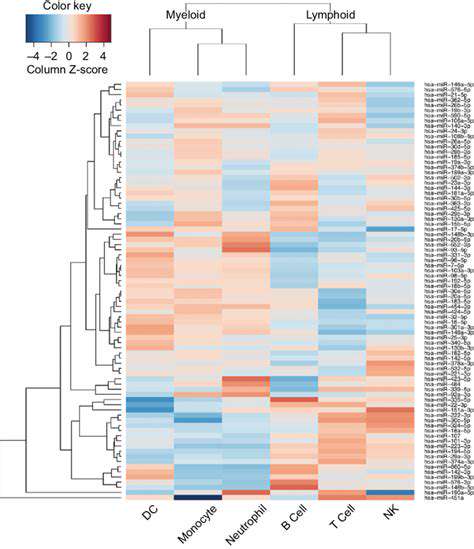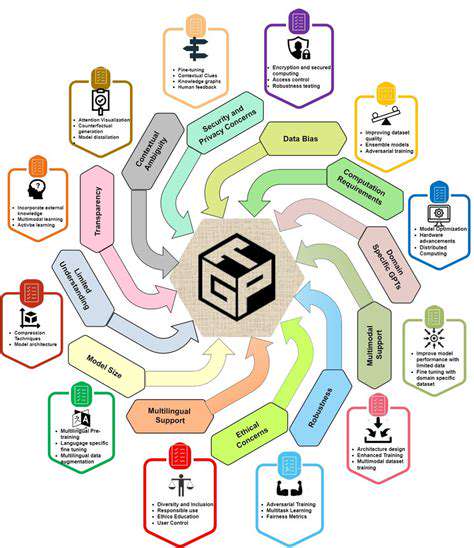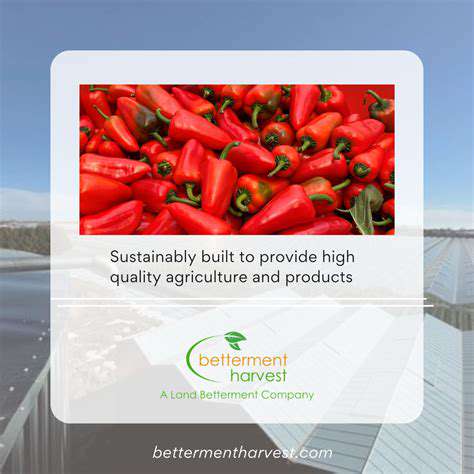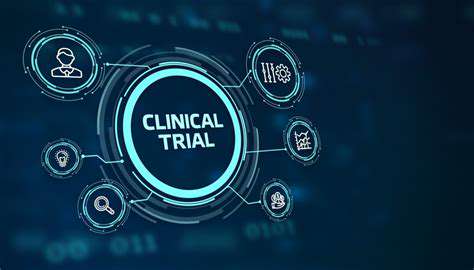
The Historical Roots of Biotechnology
Biotechnology, a field deeply intertwined with human history, has its roots in ancient practices. From the fermentation of foods like bread and wine to the development of cheese and yogurt, humans have harnessed biological processes for millennia. These early forms of biotechnology were often unintentional, relying on the natural actions of microorganisms. However, this fundamental understanding of biological processes laid the crucial groundwork for the more sophisticated and targeted approaches that would define modern biotechnology.
Recognizing the power of biological systems for practical applications was a pivotal moment in human history. The systematic study of these processes, coupled with advancements in scientific understanding, ultimately led to the development of more precise and controlled methods for harnessing biological agents.
The Role of Microbiology in Biotechnology
Microbiology plays a crucial role in biotechnology, providing the foundation for understanding and manipulating microorganisms. The ability to isolate, cultivate, and characterize various microorganisms has been essential for developing diverse biotechnologies. From producing antibiotics and enzymes to creating genetically modified organisms, microbiology underpins many essential applications.
Understanding the genetic makeup and metabolic pathways of microorganisms is paramount to harnessing their potential for industrial applications. This knowledge allows scientists to engineer microorganisms to perform specific tasks, such as producing valuable compounds or breaking down pollutants.
Genetic Engineering and its Impact
Genetic engineering, a cornerstone of modern biotechnology, allows scientists to alter the genetic material of organisms. This powerful tool enables the production of proteins, enzymes, and other molecules with specific functions, opening doors to advancements in medicine, agriculture, and industry. The ability to precisely manipulate genes has revolutionized biological research and applications.
The development of techniques like polymerase chain reaction (PCR) and recombinant DNA technology has drastically accelerated the rate of genetic engineering advancements. These techniques provide the tools to isolate, amplify, and manipulate genetic material with unprecedented precision.
Biotechnology in Medicine and Healthcare
Biotechnology has profoundly impacted medicine and healthcare. From the development of life-saving pharmaceuticals and diagnostics to the creation of novel therapies, biotechnology is revolutionizing patient care. The application of genetic engineering to create human insulin, crucial for diabetes treatment, is a prime example of biotechnology's transformative impact on human health.
Further advancements in gene therapy and personalized medicine are promising breakthroughs that hold the potential to treat previously incurable diseases. These technologies offer the possibility of tailoring treatments to individual patients, enhancing their effectiveness and reducing adverse effects.
Biotechnology in Agriculture and Food Production
Biotechnology plays a significant role in improving agricultural practices and food production. Genetic modification of crops can lead to increased yields, enhanced nutritional value, and improved pest resistance. This can be crucial in addressing global food security challenges. By developing crops with enhanced resilience to environmental stressors, biotechnology offers a sustainable solution for agriculture.
Biotechnology also contributes to innovative food processing techniques, creating more efficient and sustainable methods for food production and preservation. These advancements can lead to improved food safety and quality.
Key Sectors within the Biotechnology Industry
Pharmaceutical Biotechnology
The pharmaceutical sector is a cornerstone of biotechnology, focusing on developing novel drugs, therapies, and diagnostics. This involves extensive research and development, from initial discovery and testing to clinical trials and eventual market launch. Pharmaceutical biotechnology encompasses a wide range of applications, including the creation of biologics like monoclonal antibodies for cancer treatment, the development of gene therapies for genetic disorders, and the production of vaccines to combat infectious diseases. The complexities of regulatory processes and the substantial capital investment required for pharmaceutical biotechnology development are well-known, but the potential for life-saving advancements makes it a highly significant sector.
Biopharmaceutical companies often collaborate with academic institutions and research organizations to accelerate the discovery and development of new therapies. This collaborative approach allows for the sharing of expertise and resources, leading to faster progress in the development of novel treatments. The pharmaceutical sector also faces challenges in maintaining a balance between innovation and affordability, ensuring that groundbreaking treatments are accessible to patients across diverse socioeconomic backgrounds.
Agricultural Biotechnology
Agricultural biotechnology focuses on improving crop yields, enhancing nutritional value, and developing pest and disease resistance. This sector utilizes genetic engineering and other advanced techniques to modify plants, creating crops that are more resilient to environmental stresses such as drought and extreme temperatures. This leads to increased agricultural productivity and food security, particularly in regions facing growing populations and environmental pressures.
Advancements in agricultural biotechnology have also led to the development of crops with enhanced nutritional content, addressing micronutrient deficiencies in certain populations. This sector's importance is magnified by the growing global population and the need to sustainably feed a larger and more diverse world. The development of genetically modified organisms (GMOs) is a significant component of agricultural biotechnology, though it remains a subject of ongoing debate and public discussion regarding potential environmental and health impacts.
Bioremediation and Environmental Biotechnology
Bioremediation and environmental biotechnology focus on utilizing biological processes to clean up contaminated environments. This sector addresses environmental challenges by employing microorganisms and enzymes to break down pollutants such as oil spills, heavy metals, and industrial waste. This approach offers a sustainable and environmentally friendly alternative to traditional methods of remediation, often reducing the environmental footprint and long-term costs associated with pollution cleanup.
Bioremediation techniques are being increasingly applied to diverse environmental problems, from treating contaminated water sources to cleaning up soil and groundwater. The development and application of these techniques are crucial to mitigating environmental damage caused by industrial activities and natural disasters. The continued research and development in this area are essential for maintaining a healthy planet and promoting sustainable practices in environmental management.
Bioremediation presents a powerful tool for tackling environmental challenges, emphasizing a holistic approach to addressing pollution and restoring ecological balance. The sector is constantly evolving to meet the increasing demands for effective and eco-friendly solutions to environmental contamination.
Innovative bioremediation strategies are being developed, incorporating advanced technologies and techniques to enhance the efficiency and effectiveness of pollutant removal.
The application of bioremediation technologies is expanding globally, addressing a range of environmental problems and promoting sustainable practices across various industries.
Collaborations between biotechnology companies, environmental organizations, and government agencies are crucial for fostering innovation and implementing effective bioremediation strategies on a large scale.
Future research will likely focus on developing even more effective and targeted bioremediation techniques, tailored to specific types of pollutants and environmental conditions.
Driving Forces Behind Biotechnology's Growth
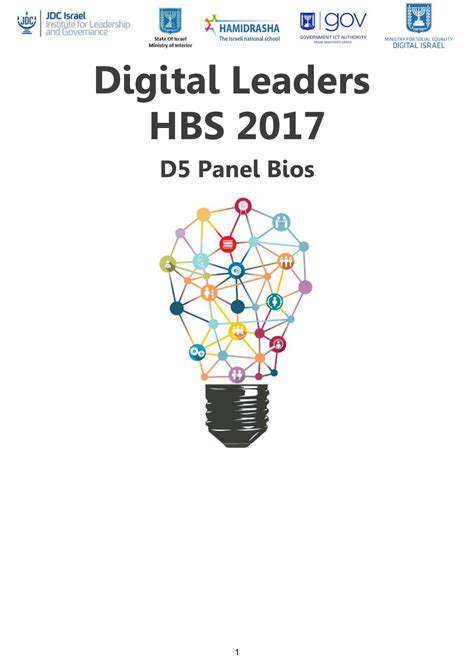
Technological Advancements in Genomics
Rapid advancements in genomics, particularly in DNA sequencing and gene editing technologies like CRISPR, are revolutionizing biotechnology. These powerful tools provide unprecedented insights into biological processes and enable the development of targeted therapies and disease diagnostics. The ability to precisely manipulate genetic material opens up possibilities for treating previously incurable diseases, including genetic disorders and cancers.
The decreasing costs and increasing accessibility of these technologies are also driving broader application in research and development, fostering innovation across various biotech sectors. This democratization of genomic tools promotes collaboration and accelerates the discovery and translation of new biological knowledge.
Market Demands and Consumer Preferences
Growing global concerns about health and wellness are driving significant market demand for innovative biotechnological products and services. Consumers are increasingly seeking natural and effective solutions for various health issues, pushing the development of personalized medicine and preventative healthcare strategies. Consumers are more aware of the role of nutrition and lifestyle in their overall health, prompting the development of targeted nutraceuticals and health supplements.
Furthermore, the rising prevalence of chronic diseases is a major driver, fueling research and development of therapies and diagnostic tools to address these health challenges.
Government Support and Funding Initiatives
Governmental support plays a crucial role in fostering innovation and growth within the biotech sector. Strategic investments in research and development, coupled with favorable regulatory environments, create an attractive landscape for companies and researchers. This support often comes in the form of grants, tax incentives, and funding for research centers and institutions.
Many countries are proactively establishing themselves as global hubs for biotechnological advancements by creating dedicated funding programs and fostering collaborations between academia and industry. This creates a strong foundation for future breakthroughs and economic growth.
Investment and Venture Capital
The biotech sector benefits significantly from substantial investment and venture capital funding. Investors are attracted by the potential for high returns and the opportunity to participate in revolutionary advancements. This financial support fuels research, development, and commercialization of new products and technologies.
The availability of venture capital and private equity funds enables biotech companies to overcome financial hurdles and accelerate their progress from early-stage research to commercialization. The influx of capital allows companies to expand their operations, hire skilled personnel, and invest in critical infrastructure.
Ethical Considerations and Public Perception
The rapid advancement of biotechnology raises important ethical considerations that must be addressed thoughtfully. Public perception and trust are crucial for responsible innovation in this field. Transparency, ethical guidelines, and public engagement are vital aspects of building trust and ensuring the beneficial application of biotechnological innovations.
Concerns regarding the potential misuse of biotechnological tools, such as gene editing, demand careful consideration and robust regulatory frameworks. Open dialogue and public awareness campaigns are essential to address these concerns and foster informed public discourse about the ethical implications of biotechnology.
Environmental Sustainability and Bioremediation
Growing awareness of environmental challenges is driving the application of biotechnology for sustainable solutions. Bioremediation technologies, utilizing microorganisms to clean up pollutants, are gaining significant traction. This approach offers a more environmentally friendly and cost-effective alternative to traditional methods.
Biotechnology also plays a crucial role in developing sustainable agricultural practices, including genetically modified crops and biofertilizers. This reduces the reliance on harmful pesticides and fertilizers, promoting a more environmentally conscious approach to food production.

The Impact of Biotechnology on Society
The Advancements in Biotechnology
Biotechnology is rapidly advancing, driven by breakthroughs in genetic engineering, cell culture, and bioprocessing. These advancements have led to a plethora of applications across diverse sectors, from agriculture to healthcare. Scientists are constantly developing new tools and techniques to manipulate biological systems, enabling the creation of novel products and solutions to complex problems. This ongoing innovation promises to significantly impact our lives in the years to come, offering potential solutions to global challenges like food security, disease prevention, and environmental sustainability.
One particularly significant aspect of these advancements is the development of precision tools for gene editing, such as CRISPR-Cas9. These technologies allow scientists to modify DNA sequences with unprecedented accuracy, opening doors to potential cures for genetic diseases and the creation of more resilient crops. The implications for agriculture are enormous, as researchers work to develop crops that are resistant to pests, diseases, and environmental stresses, potentially enhancing global food production and reducing reliance on harmful pesticides.
The Societal Implications of Biotechnology
The societal implications of biotechnology are multifaceted and far-reaching, affecting various aspects of human life. From healthcare advancements to environmental conservation efforts, the applications of biotechnology touch upon ethical, economic, and social considerations. The development of genetically modified organisms (GMOs) has sparked debates about environmental safety, consumer rights, and the potential for unintended consequences. Understanding and addressing these concerns is crucial for responsible development and implementation of biotechnological innovations.
Furthermore, the accessibility and affordability of biotechnological products are crucial considerations. Ensuring equitable access to life-saving therapies and beneficial agricultural products is essential for minimizing health disparities and promoting sustainable development. Careful regulation and ethical guidelines are necessary to navigate the complex social implications of these advancements and ensure that the benefits of biotechnology are shared widely and responsibly.
Biotechnology's impact on employment opportunities is another key consideration. New jobs are created in research, development, manufacturing, and related fields, but the potential displacement of workers in traditional sectors also needs careful attention. Strategies for retraining and reskilling the workforce will be essential for adapting to the changing landscape and maximizing the positive economic effects of this industry.
The ethical implications of manipulating living organisms are significant and complex. Questions surrounding the definition of life, the use of human embryos in research, and the potential for misuse of these technologies demand careful consideration and transparent public dialogue. Maintaining public trust and fostering ethical guidelines are paramount for the responsible advancement of biotechnology.
The potential for misuse of biotechnology raises concerns about bioterrorism and the development of dangerous biological weapons. Robust security measures and international collaborations are essential to mitigate these risks and promote the responsible use of these powerful technologies.
